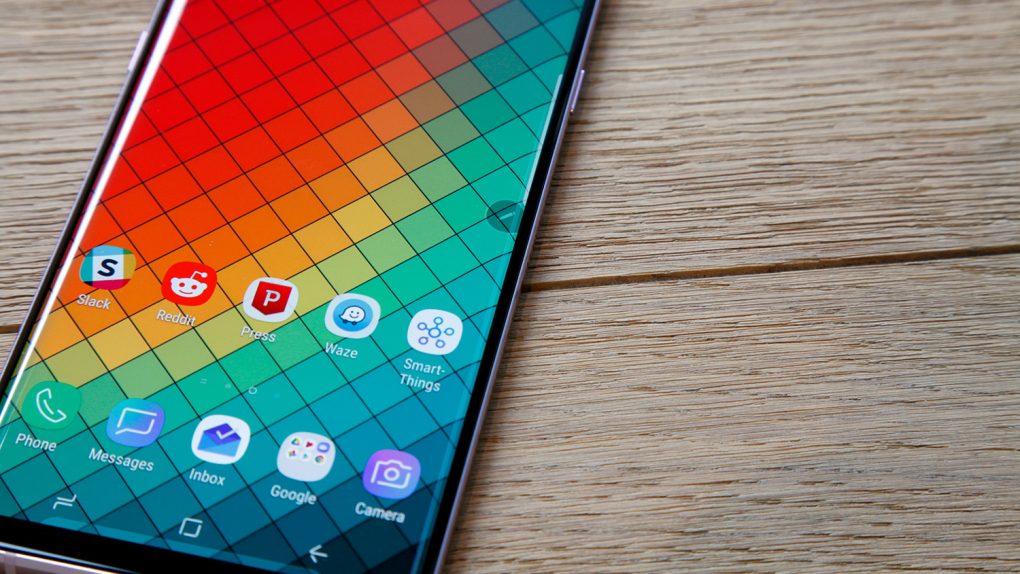A report earlier this week delivered the kind of Galaxy S10 battery news we didn’t want to see, especially considering some of the interesting battery rumors we had heard before. The new phones supposedly will not have faster charging speeds than their predecessors, including the Galaxy S9 and Galaxy Note 9. Those earlier models do support fast charging technology, but several Samsung rivals already offered much better solutions. However, a brand new rumor gives us a reason to dream again, because it claims that the Galaxy S10 might indeed get new faster battery charging tech.
As it stands right now, Samsung’s newest phones including the Galaxy S9 and Note 9 all support Qualcomm’s Quick Charge 2.0 technology, something Samsung calls Adaptive Fast Charging. Regardless of the name, what you need to know is that Samsung’s fast charging tech maxes out at 15W. That may be fast enough for some people, but not enough for others, especially given what the competition is doing.
Huawei unveiled its Super Charge 2.0 charging tech with the Mate 20 Pro last year, the only 2018 Android phone that features specs and features you’re more likely to see on 2019 flagships. Super Charge 2.0 supports 40W charging speeds. OnePlus, meanwhile, debuted its brand new Warp Charge 30 charging tech in early December, when it launched the OnePlus 6T car-branded edition phone — as the name suggests, the tech supports 30W charging speeds. And don’t forget that OnePlus sibling Oppo has something called Super VOOC, which lets you recharge a phone at 50W.
Previous reports said that the new Galaxy S10 phones would support charging at over 20W, which is the sort of fast-charging speed that Qualcomm will call either Quick Charge 4 or Quick Charge 4+. An even more exciting report said Samsung’s new batteries would have graphene in them, which would improve charging times and reduce overheating. But then a rumor told us that documentation Samsung filed with a Chinese regulatory body says the Galaxy S10 will only support 15W charging.
The same leaker who mentioned graphene batteries not too long ago now claims the Galaxy S10 phones will support 22.5W chargers. He posted the following message in response to a different known Samsung leaker who said the Galaxy A90 mid-range phone will support 22.5W charging.
I heard S10 Series will be 22.5W https://t.co/j16kgIO7ro
— 萌萌的电教 (@MMDDJ_) January 17, 2019
What’s strange here is that these two leakers, who have posted accurate information about Samsung phones in the past, contradict the recently discovered documentation that Samsung filed in China. As I said before, Samsung’s new phones may support faster battery-charging speeds, but not out of the box. That means you might need to purchase a different charger in order to make use of the new tech. I’m speculating, of course, but it makes no sense for Samsung to launch a mid-range phone like the Galaxy A90 with faster charging speeds than the Galaxy S10 flagship.
Not to mention that Samsung must increase the charging speed of its devices at some point in the near future for marketing purposes. The company can’t afford to look like it’s not innovating in this particular space, especially when compared to Huawei and all the other Chinese smartphone makers that have various fast-charging battery technologies.
On the other hand, Samsung can’t afford any wrong moves in this particular area after what happened with the Galaxy Note 7 a few years ago. Whatever battery innovations Samsung may be working on, it’ll probably sit on them until it’s confident they won’t cause any unwanted side effects.
The Galaxy S10 will launch in San Francisco on February 20th, and it’ll be available in stores a few weeks later.








